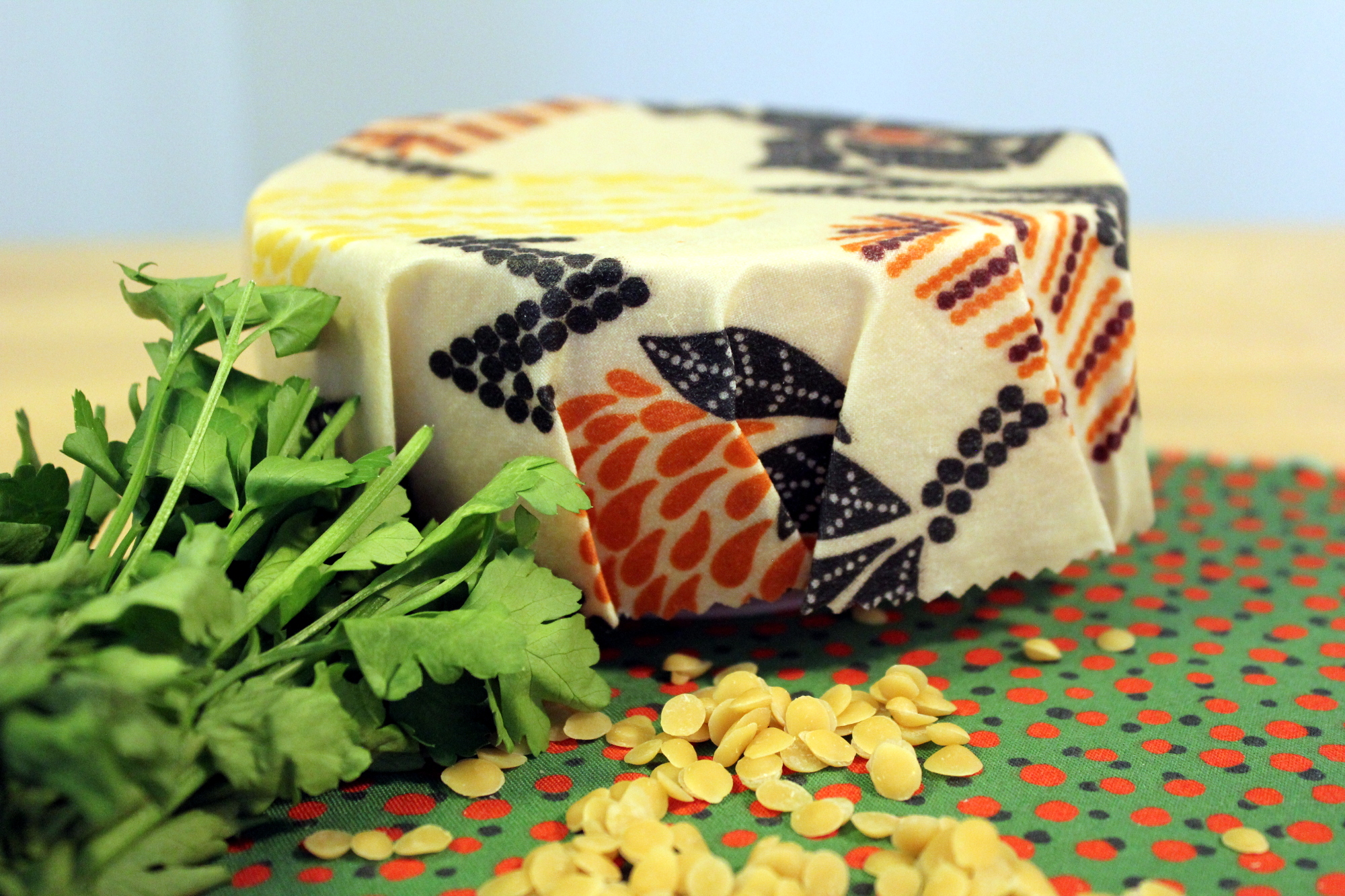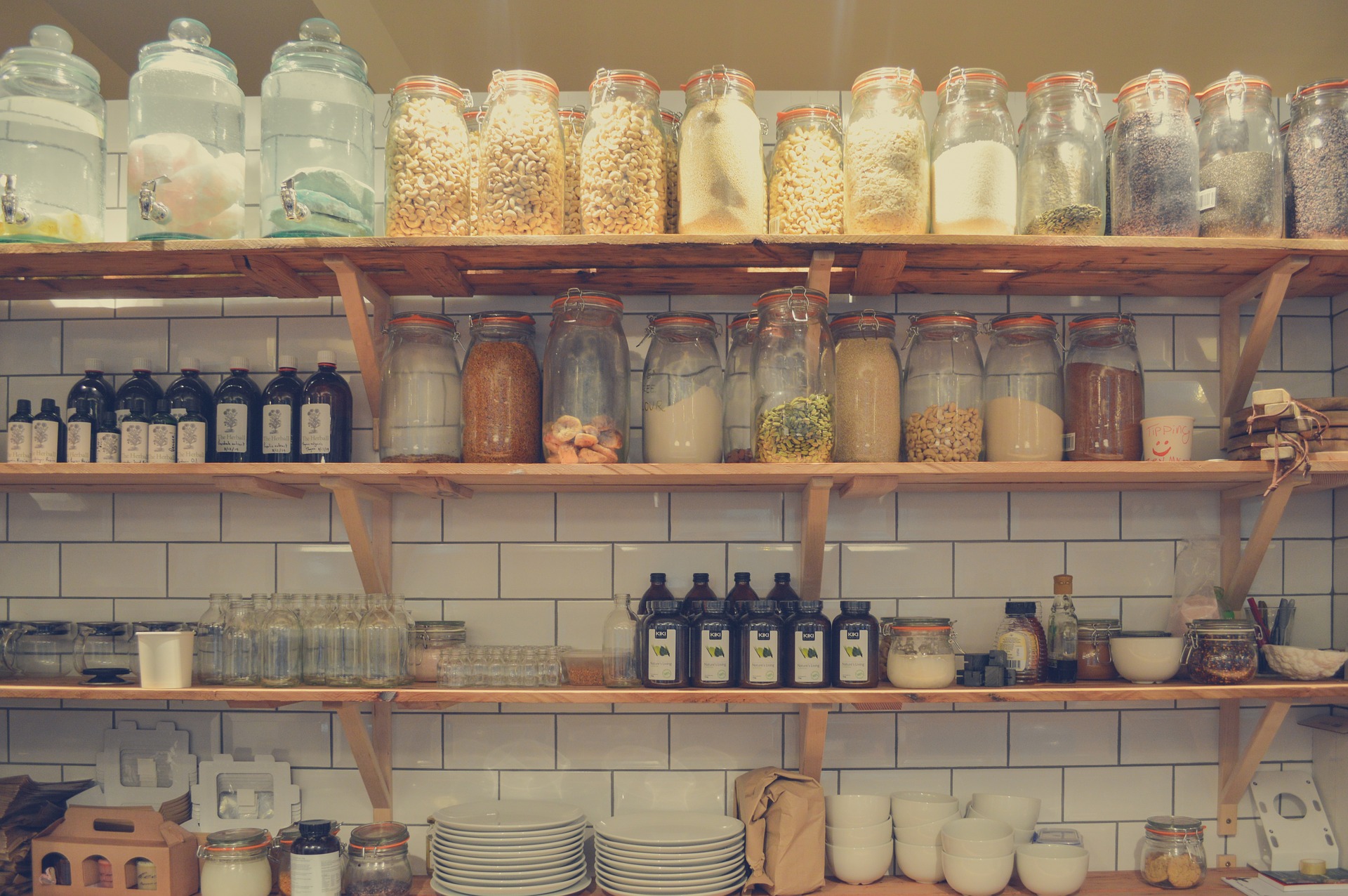Recently I posted some thoughts on naturally cleaning bathroom and kitchen, and how to do this anti-bacterial. Today I want to tackle another area: the laundry. So this post is all about how to do laundry as natural as possible, without harmful chemicals.
Laundry detergent
The first topic jumping to mind is, of course, laundry detergent. And there are quite a few options.
Number one, which I go by, is to buy laundry powder in bulk. I have a container which I regularly fill up at my local coop store. The powder is 100 percent biodegradable and because I get it in bulk I also reduce my waste.
Another possibility is to move to soap nuts. These soapy nuts grow in tropical climates and are a great alternative to washing liquid or powder. They can also be used for general cleaning around the house.
And then you can also make your own laundry detergent, liquid or powder. I’ve never made my own but it’s high on my list of things to try out.
Ingredients of natural laundry detergent
There are plenty of recipes for DIY laundry detergent, both powder and liquid. The ingredients are usually
- washing soda
- borax or hydrogen peroxide
- soap.
Washing soda, or sodium carbonate, is very similar to baking soda and shares a lot of its properties. In fact, you could even substitute baking soda for washing soda. In essence, its job is to soften the water and it can help to remove grease and oil from clothing.
Borax is a natural bleach with anti-bacterial and anti-fungal properties. Its job is, obviously, to increase the cleaning power of soap. Instead of borax, you can also use hydrogen peroxide, but you won’t be able to pre-mix the powder because hydrogen peroxide is liquid while borax comes as a white powder.
The last essential ingredient is soap. And with soap all recipes vary, depending on the country they originate from. I would say to get a plain laundry soap, preferably not palm or only sustainable palm. Make sure it contains no colourants or any other additives.
Some recipes also claim to give you liquid laundry detergent. I have my doubt that they last long on the shelf because they all contain water. Without any preservatives, you risk mould growing in your detergent.
Fabric softeners
Since having kids I haven’t used fabric softener. In particular, the scent and potential residue in clothing have put me off. And so far my clothes haven’t needed any softener on a regular basis.
But every now and again I load the machine and let it run without detergent but with white vinegar instead. Vinegar breaks down any residue in the clothing, of water or detergent, and leaves them feeling nice and fresh.
Washing machine and water temperature
The next topic of a natural laundry is the washing machine and water temperatures.
In general, toploading washing machines use more water than front loaders. Frontloaders are also more energy efficient, use less detergent, and are gentler on clothing. But, top loaders are cheaper and because they usually have fewer laundry options they are more durable. Personally, I’m a big fan of front loaders because they wash my clothes much better. Maybe it’s my current model of a top loader but I’m not a fan.
My washing machine is automatically set to wash with cold water. Maybe that’s a cultural thing but Australian households usually wash with cold water (while Europeans don’t). In terms of natural cleaning, cold water is often the preference because it reduces energy demands of the machine.
However, with regards to removing heavy soils (such as from nappies), germs, dust mites, and even bacteria, cold water won’t do much. Here, a hot wash will have to come in. The question about the water temperature then comes down to water heating: is it controlled by the machine itself or through your general hot water supply?
Drying clothes
And the last aspect to talk about with natural laundering is a dryer – yes or no?
For me, I have never owned a dryer and have only ever used one at a friend’s house.
My biggest concern about a dryer is that it’s yet another appliance which consumes energy, costs money to install and maintain and produces waste at the end of its life cycle. A clothes dryer also produces heat which can be an issue if it’s being used in small spaces.
I can see the advantage of using a dryer, particularly when you can’t hang washing outside but a well-ventilated room can do just fine.
The bottom line for me is that if at all possible, I try to hang my washing outside in the sun. Sunlight contributes to freshening up clothing and there is nothing better than a fresh breeze through my clothes.



